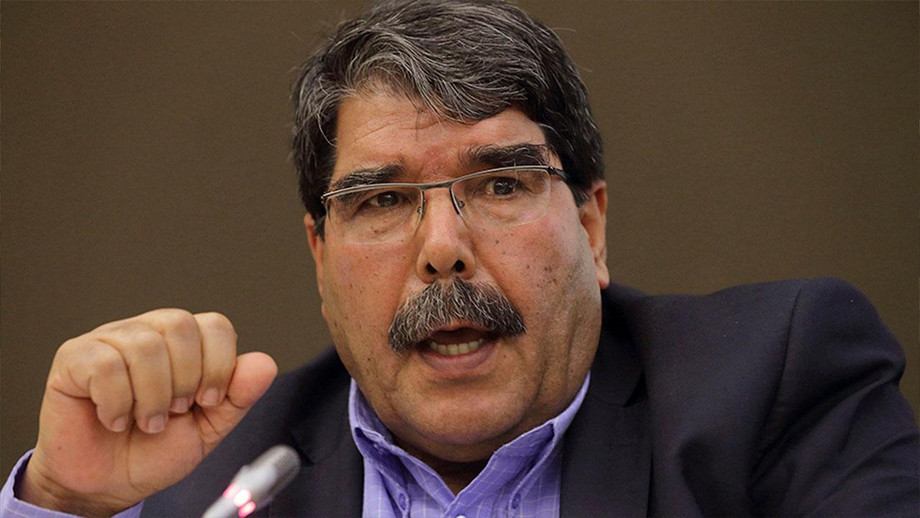Democratic Union Party (PYD) board member Salih Muslim is hopeful that peace and democracy are possible in a post-Assad Syria. He emphasises that “we are not looking for more sacrifices or more victims, we have to find an end for that, which is to live in peace.”
In an exclusive interview with Medya News correspondent Emrah Erdoğan, Salih Muslim, Democratic Union Party (PYD) board member, talks about what the future holds, after the taking of Damascus by Hay’at Tahrir al-Sham (HTS).
Interview Story:
Exclusive Interview: Salih Muslim, co-chair of Syria’s Democratic Unity Party
Muslim says that the fall of Bashar al-Assad’s regime “is a big step toward the democratic Syria which we are struggling for,” and raises the possibility of discussions with HTS over coexistence in the future. He says that the Autonomous Administration of North and East Syria (AANES) is searching for the appropriate channels and mediators to approach HTS.
Muslim acknowledges the jihadist roots of HTS, but say that the group is trying to change, and that the PYD will try to support them in making that change. According to Muslim, the real problem is not with HTS, but the Turkish-backed Syrian National Army (SNA).
Muslim emphasised that the SNA are mercenaries, who Turkey have already deployed in several different warzones, and who – right now – are fighting Kurdish forces in Manbij (Minbîc). Turkey is also carrying out aerial strikes on AANES territory.
He continued, outlining his hope that a delegation, made up of representatives of all the different regions under control of the AANES, would be involved in any future negotiations.
Muslim underlined that Turkey did “not accept Kurdish existence anywhere”, and that the Turkish state wanted to establish a new Ottoman empire. He sees Turkey’s involvement as the main obstacle to creating a sustainable and peaceful Syria.
Medya News’ Emrah Erdoğan pointed out that “the collapse of the Assad regime opens the door for a reimagined Syria,” and asked: “What role does the Autonomous Administration envision for itself in building a democratic and inclusive Syria? How can minority rights and governance structures be integrated into this vision?”
Muslim replied that the PYD is “looking for the unity of Syria” and would like to “build a decentralised Syria”, based on democratic confederalism.
He highlighted that in the territories under the control of the AANES, minorities live together under a social contract. Muslim argued that this social contract could be useful for all Syrians, and “could be expanded”, “remediated” and discussed “with the other partners in future Syria”.
Muslim stated that “we have to reach an agreement for all the Syrians. And I think Syria cannot go back to before 2011.” He said that the “new Syria should recognise the rights of all the [peoples] living in Syria.”
Reflecting on sacrifice, hoping for peace
Finally, Erdoğan asked Muslim about his immense personal losses during the liberation of Kobane, “a city symbolic of resistance against ISIS”. He asked “how does your experience during those times shape your current vision for peace and reconciliation in Syria? What message do you have for the people of Kobane and the broader Kurdish population amid these uncertain times?”
Muslim replied that the Kurdish people were ignored by the world for 100 years, and “everybody wanted to finish us, to finish the Kurdish people.” After Kobane, “everybody knows the Kurds and the Kurdish people, and that they have their democratic rights”.
Muslim reflected that “The cost was very big”, the “blood of the young people, of the Syrians, the Kurdish people. And of course, [my] family was one of those families who sacrificed the cost of this struggle.” He concluded that “We are not looking for more sacrifices or more victims, we have to find an end for that, which is to live in peace.”
Muslim ended by expressing his hope that Syrians would move toward freedom and democracy in Syria, and away from bloodshed.
You can check out the full interview with Salih Muslim here.


